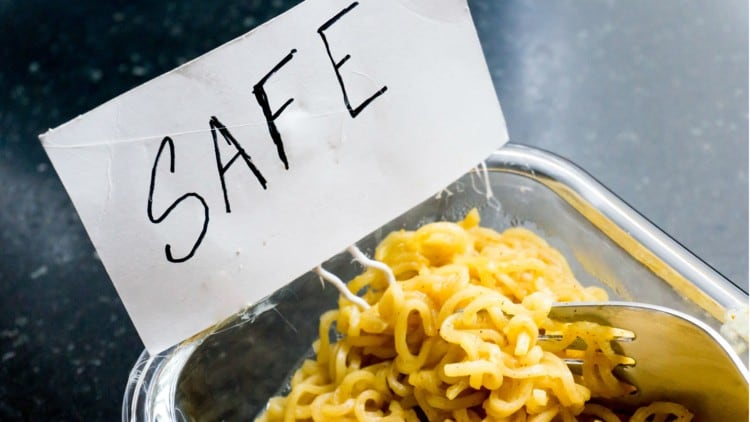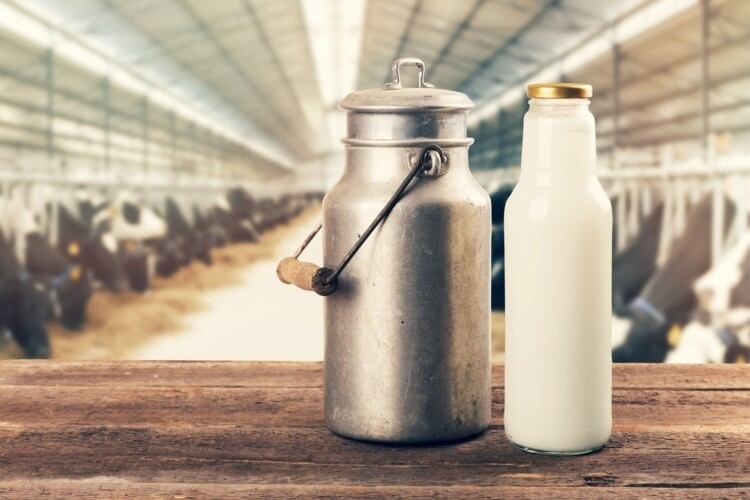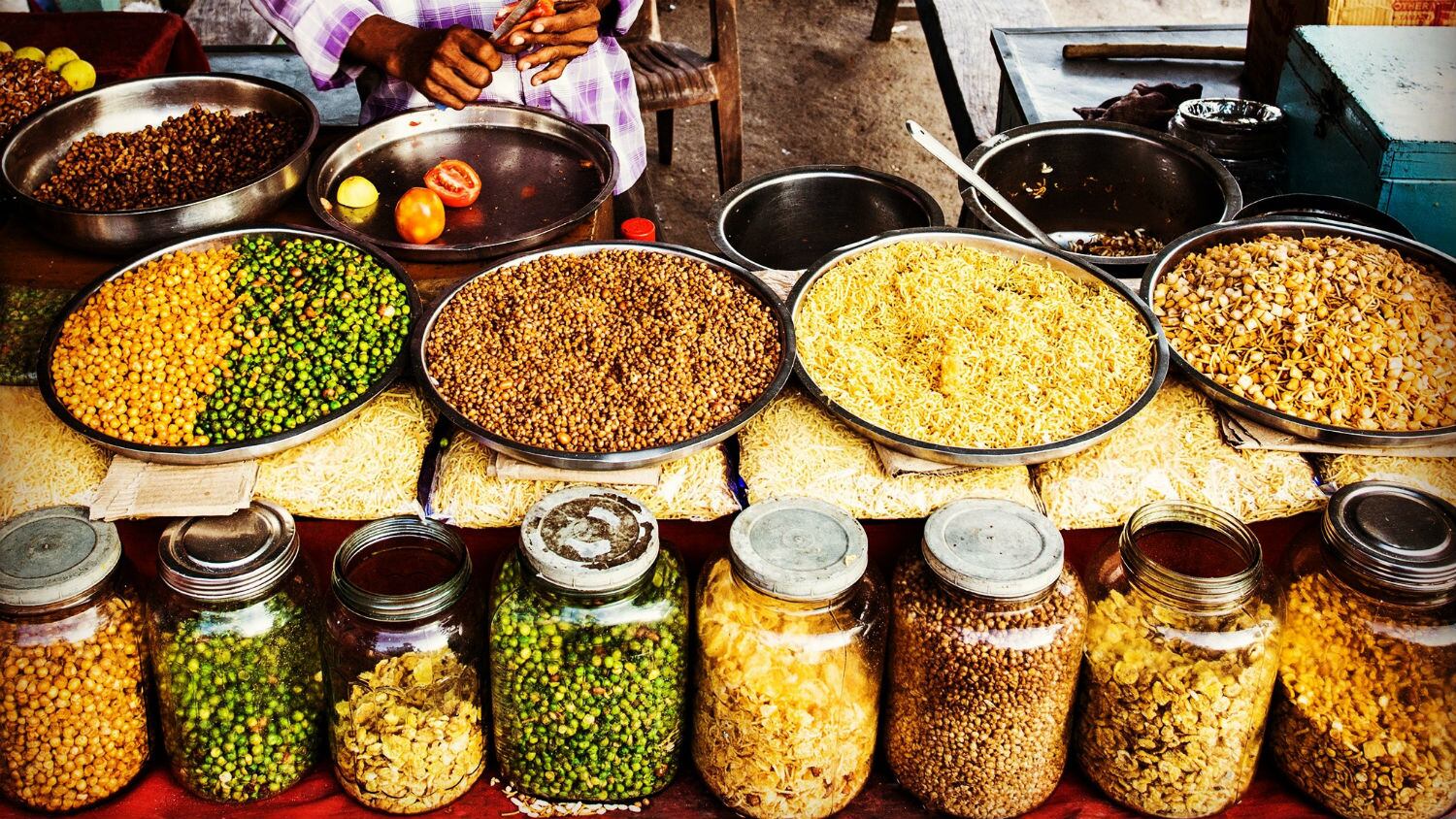“The food businesses shall have to comply with these regulations by July 1 2019,” said FSSAI CEO Pawan Agarwal.
According to the official FSSAI statement on the matter, the regulations will cover general and specific packaging material requirements as well as overall migration and specific migration limits of contaminants for plastic packaging materials
“[The] packaging materials used for packing or storing the food products shall conform to the Indian Standards provided in the schedules,” it added.
According to The National Law Review, compliance to these standards was only on a voluntary basis previously.
“[These standards refer to] the Indian Standards (IS) listed in Schedules I, II, and III that apply for paper and paperboard materials, metal and metal alloys, and plastic materials, respectively,” it added.
These new regulations will replace the existing Food Safety and Standards (Packaging and Labelling) Regulations, 2011 once approved.
Safety first
The new regulations came to pass after FSSAI conducted two packaging studies that revealed a number of causes for safety concerns.
The first study was on the migration of chemical contamination and heavy metals from packaging materials, conducted by the Indian Institute of Packaging (IIP), Mumbai. The second was on chemical contamination from loose packaging material, by the National Test House (NTH), Kolkata.
High levels (above 5%) of chemical contamination were found in samples of food packed in coloured carry bags (80%), black carry bags (59%), aluminium-coated disposable containers (24%) and sweet boxes (21%).
Major areas of concern were found in the country’s informal/unorganised food sector (13.4% prone to contamination), as well as in loose packaging materials which include plastic carry bags. This led to the new regulations prohibiting ‘packaging material made of recycled plastics including carry bags for packaging, storing, carrying or dispensing articles of food’.
Also specifically mentioned by FSSAI was the prohibition of newspapers and other similar materials for packing and wrapping, due to ‘the carcinogenic effect of inks and dyes’.
The ‘respective Indian standard’ must be adhered to for the usage of printing inks on food packages.
Agarwal acknowledged that in view of this, the implementation of these new regulations is likely to face ‘difficulties’. However, he remained certain that these were important, as they would ‘raise the bar of food safety in India to the next level’.
Food standards enforced in 2019
In the meantime, FSSAI has also enforced four new food standards as of January 1 2019.
The first covers standards for all pulses, whole and decorticated pearl millet grains, maize flour and grit, couscous, tempe, textured soy protein, sago flour, bee wax and royal jelly.
Also on the list are organic food regulations, standards for honey, and microbiological standards for fruits and vegetables and the relevant products.
“Food businesses are usually provided a period of at least 6-months as transition period before new standards come into force,” said FSSAI.
Also upcoming in 2019 are regulations surrounding the tolerance limit of antibiotics and pharmacological substances in food products, originally scheduled for January 1 but now delayed to April 1 due to technical issues.
Alcoholic beverage standards will be implemented on April 1 as well.
July 1 will see regulations and standards surrounding food fortification, frozen dessert labelling, as well as vegetable oil advertising, claims, packaging and labelling come into effect.





